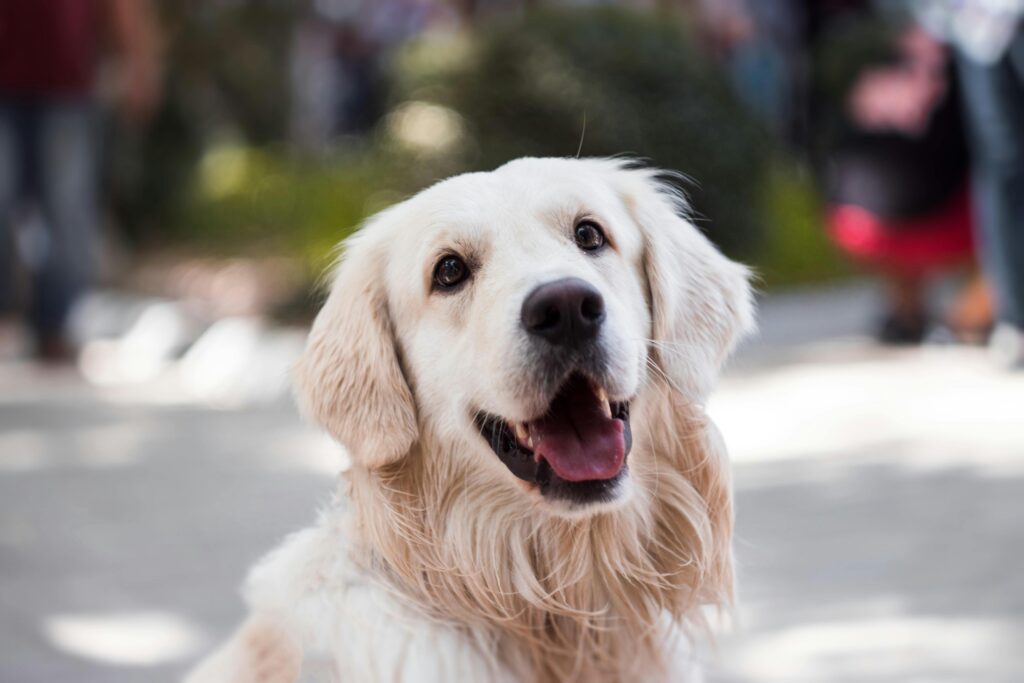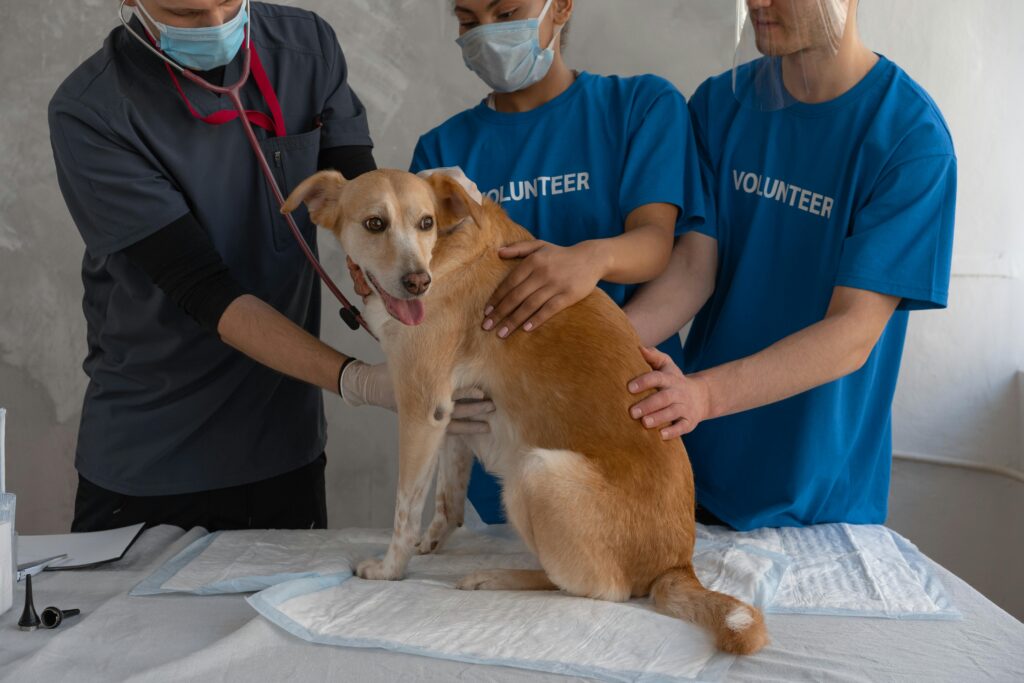
Training a puppy in Texas can come with its unique challenges, from hot summer days to the hustle and bustle of city or suburban life. However, with the right approach and consistency, you can build strong habits that set your puppy up for success. Whether you’re dealing with house training, leash manners, or basic commands, starting early and staying consistent are key. Here are practical training tips for Texas puppies to help them adapt to their environment and grow into well-behaved companions.
Start Training Early
The sooner you begin training your puppy, the better. Puppies are like sponges, eager to learn and explore their world. Starting at 8 to 10 weeks old is ideal for laying the foundation for good behavior. Early training helps prevent the development of bad habits and makes it easier for your puppy to adapt to new situations and environments.
Focus on Socialization
Texas is known for its dog-friendly parks, patios, and events, which makes socialization a critical part of training. Expose your puppy to various people, other dogs, and new experiences early on. Take them to safe environments like local dog parks or pet-friendly events where they can interact with others in a controlled manner. Proper socialization helps your puppy become confident and well-behaved in a variety of settings.
Leash Training for Busy Areas
Many parts of Texas, especially urban areas, require puppies to be comfortable walking on a leash in bustling environments. To teach leash manners, start by letting your puppy wear a collar and leash indoors to get used to the feel. Gradually practice walking in quiet areas before progressing to busier locations. Reward them for staying by your side and not pulling, reinforcing positive behavior.
Crate Training for a Safe Haven
Crate training is a valuable tool, especially for Texas puppies who may need a safe space during hot afternoons or busy family gatherings. Choose a crate size that allows your puppy to stand, turn around, and lie down comfortably. Make it a positive space by adding soft bedding and toys, and never use the crate as a punishment. A well-trained puppy will see the crate as their cozy retreat.
House Training with Patience
House training can be a challenge, especially in a state with unpredictable weather. Consistency is the key to success. Take your puppy outside frequently, particularly after meals, naps, and playtime. Choose a designated potty spot in your yard and use a verbal cue like “go potty” to help them associate the command with the action. Reward them with praise or a treat when they go in the right spot.
If you’re dealing with extreme Texas heat or storms, consider using puppy pads indoors temporarily. Gradually transition to outdoor potty breaks when the weather improves.
Use Positive Reinforcement
Positive reinforcement is one of the most effective methods for training puppies. Reward your puppy with treats, praise, or play whenever they exhibit desired behaviors. This helps them associate good behavior with positive outcomes, making them more likely to repeat those actions.
Avoid punishment-based training, as it can lead to fear or anxiety in your puppy. Instead, redirect unwanted behaviors and reward them for making better choices.
Practice Short, Frequent Training Sessions
Puppies have short attention spans, so it’s essential to keep training sessions brief and engaging. Aim for 5-10 minutes per session, several times a day. Use these moments to practice commands like sit, stay, come, and down. Consistency and repetition are key to helping your puppy retain what they’ve learned.
Adapt Training to the Texas Climate
Texas summers can be scorching, so be mindful of when and where you train your puppy. Avoid outdoor training sessions during the hottest parts of the day. Instead, opt for early morning or evening when temperatures are cooler. If you’re training outside, bring plenty of water and take frequent breaks to keep your puppy hydrated and comfortable.
Prevent Common Bad Habits
Busy environments can lead to distractions, which may cause some puppies to develop bad habits like jumping on people, barking excessively, or chewing on furniture. To prevent these issues:
- Teach your puppy the “off” command to discourage jumping.
- Redirect excessive chewing with appropriate chew toys.
- Address barking by identifying and removing triggers, then rewarding quiet behavior.
Work on Recall
In a state as large and diverse as Texas, you’ll want your puppy to reliably come when called, whether you’re in a city park or out in the countryside. Start practicing recall in a distraction-free environment and gradually increase the level of distractions as your puppy improves. Use a consistent cue like “come” and reward your puppy every time they respond.
Stay Patient and Consistent
Training a puppy takes time, patience, and persistence. Celebrate small victories and understand that setbacks are a normal part of the process. By staying consistent and maintaining a positive attitude, your puppy will develop the habits and skills they need to thrive in their Texas environment.
Conclusion
Training tips for Texas puppies revolve around adapting to the unique challenges of the Lone Star State while fostering good habits through patience and positive reinforcement. By starting early, prioritizing socialization, and addressing specific challenges like leash walking and house training, you’ll help your puppy grow into a well-behaved companion. With time and dedication, your Texas puppy will be ready to enjoy all the adventures this state has to offer. Petsdogpuppy

